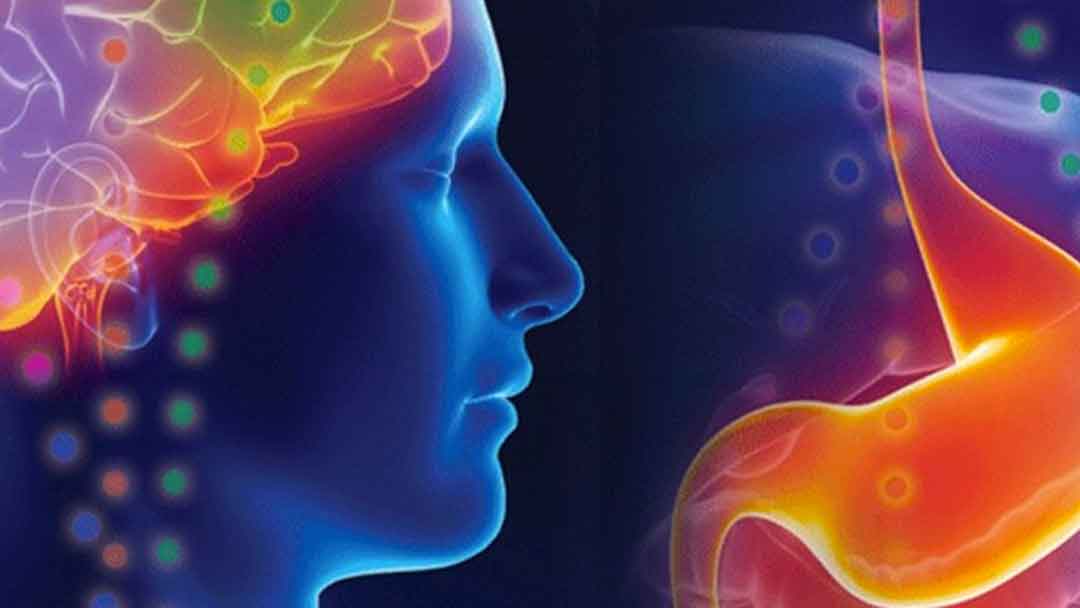The Biological Basis for the Treatment of Overeating

For further reading after The Diet Cure, The Mood Cure, The Craving Cure, the following list contains some key scientific research supporting the biological underpinnings of food cravings, the adverse effects of low-calorie dieting, and the benefits of amino acid therapy.
Amino acids stop food cravings and weight gain by increasing the appetite regulating neurotransmitters serotonin and endorphin.
People with eating disorders who restrict their food intake are at risk for multiple nutrient deficiencies
Click Here for Abstract
Research showing that very-low-energy liquid diet reduces L-Trytophan levels and thus my cause relapse after diet induced weight loss.
Click Here for Abstract
Eating behavior and adherence to dietary prescriptions in obese adult subjects treated with 5-hydroxytryptophan.
Click Here for Abstract
Reward deficiency syndrome in obesity: a preliminary cross-sectional trial with a Genotrim variant.
Click Here for Abstract
Clinical evidence for the effectiveness of Phencal (five amino acids) in maintaining weight loss in an open label, controlled 2-year study (of 257 post-Optifast users)
Click Here for Abstract
DL-phenylalanine markedly potentiates opiate analgesia – an example of nutrient/pharmaceutical up-regulation of the endogenous analgesia system.
Click Here for Abstract
L-Tryptophan with Vitamin B-6 benefits bulimics
Click Here for Reference in PubMed
Pharmacology of enkephalinase inhibitors: animal and human studies.
Click Here for Abstract
Low calorie dieting increases food cravings and weight gain, also suppresses thyroid.
Stress, eating and the reward system.
Click Here for Abstract
Multiple types of dieting prospectively predict weight gain during the freshman year of college.
Click Here for Abstract
Dieting changes serotonergic function in women, not men
Click Here for Abstract
Serum concentrations of total and free thyroid hormones in moderately obese women during a six-week slimming cure
Click Here for Abstract
Benefits of a low carb/moderate calorie diet.
Comparison of the Atkins, Zone, Ornish, and LEARN diets for change in weight and related risk factors among overweight premenopausal women: the A TO Z Weight Loss Study: a randomized trial.
Click Here for Abstract
The effect of a low-carbohydrate, ketogenic diet versus a low-glycemic index diet on glycemic control in type 2 diabetes mellitus.
Click Here for Abstract
Systematic review of randomized controlled trials of low-carbohydrate vs. low-fat/low-calorie diets in the management of obesity and its comorbidities.
Click Here for Abstract
Low-carbohydrate (low & high-fat) versus high-carbohydrate low-fat diets in the treatment of obesity in adolescents.
Click Here for Abstract
